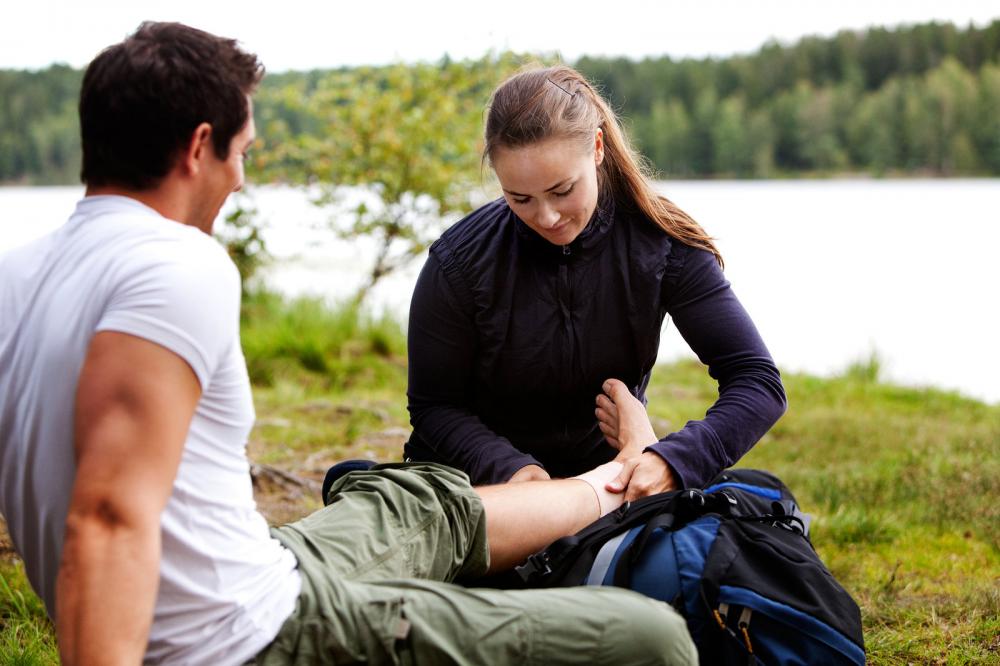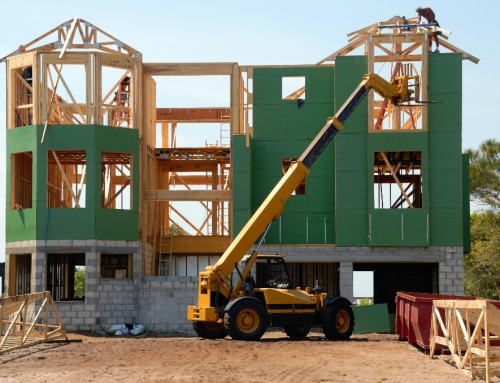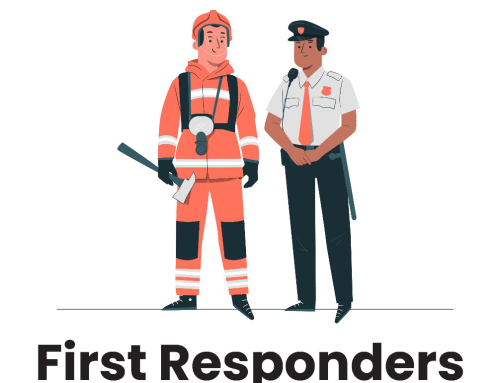The COVID-19 pandemic has revealed how little we know about primary medicine and health. From crazy medical theories to outlandish “cures,” there’s been no shortage of misinformation about this illness. However, even a basic first-aid course can help you learn more about how our bodies work and fight off disease.
Right now is the best time to expand your horizons on health by learning about first aid — which any civilian can do. Let’s explore how first aid can be handy in difficult situations during this pandemic.
Assessing The Situation
First, let’s address the elephant in the room. Most ordinary people have no idea what kind of care any medical situation requires. Most people tend to rush to the hospital ER even for non-emergent cases, which is discouraged right now due to the burden on healthcare providers.
First aid training isn’t just about CPR or learning how to tie a bandage; it’s also about learning to assess a situation before doing anything else. Somebody who’s taken first aid courses will understand what’s going in any situation and what level of care it requires.
Addressing Minor Injuries and Illnesses
One aspect of daily life that first-aiders have an advantage in is taking care of basic illnesses and injuries. For example, knowing what a third-degree burn looks like as opposed to a minor one is useful because third-degree burns can require immediate attention.
An amateur may not be able to figure out whether home remedies can work, or an ER visit is needed. Similarly, a first aider is more likely to be able to assess symptoms with clarity. Rather than panicking at the first instance of coughing, first-aiders are trained to analyze and assess realistically.
Monitoring and Aiding Circulation
One of the key ways this virus’s effects are being assessed is its effect on circulation. First-aiders are taught how the body’s circulatory system works and can effectively monitor circulation to a certain extent at home.
If disruptions in circulation caused by respiratory failure occur, first-aiders are more likely to be able to notice and help the person or themselves.
Dealing With Respiratory or Cardiac Arrest
Red Cross first aid training also educates people on what to do in the case of respiratory or cardiac arrest. Respiratory arrest or failure is caused by a fault or problem in the airway or lungs. Cardiac arrest or failure is caused by a fault in the heart.
There are specific methods used to address each, including trying to open the airway and performing CPR.
Get yourself educated and certified with Level 2 and 3 first aid courses in Surrey, Burnaby, Richmond and Vancouver by registering for our classes. We’re continuing to offer our classes with strict safety regulations in place.







